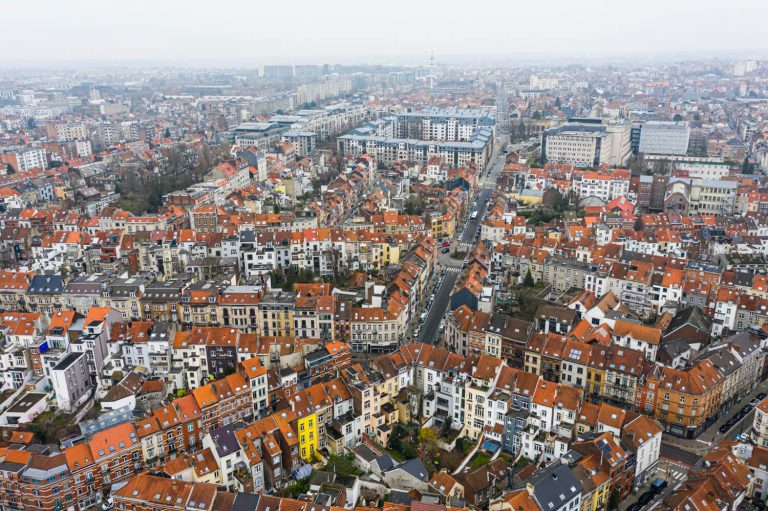Why the Belgian Capital Is Ripe for Boutique Hospitality Investment
As Chairman of Bohopo and a seasoned real estate entrepreneur, Mr. Patrick Saada has spent years analyzing and reshaping the urban hospitality landscape across Europe. Among all the destinations in Bohopo’s portfolio, one city continues to stand out for him as uniquely positioned for boutique hotel growth: Brussels.
A City with Untapped Boutique Potential
According to Patrick Saada, Brussels offers an ideal balance between urban density, cultural richness, and underutilized real estate—a rare combination that makes it fertile ground for boutique hotel investment. “There’s a strong demand for experiential stays,” he notes, “yet many of the city’s accommodations are either overly standardized or aging in style.”
For him, this presents an opportunity to reimagine centrally located buildings and transform them into properties that reflect both local flavor and modern design sensibilities.
Investing in Emotion, Not Just Square Meters
Patrick doesn’t just view hotels as physical assets; he sees them as emotional spaces. “We’re not selling a bed for the night,” he explains. “We’re creating moments—spaces that connect with people and leave a lasting impression.”
This philosophy guides Bohopo’s investment strategy in Brussels, where the focus is on small to mid-sized hotels (typically 20–50 rooms), each offering a distinct narrative and designed for emotional engagement, not mass-market utility.
Boutique Hotels: A Smarter Way to Diversify
From an investment standpoint, Patrick emphasizes the risk-adjusted return of boutique hospitality. “Unlike large chain hotels, boutique properties can adapt faster, require lower upfront capital, and respond better to local demand fluctuations,” he explains. “They also benefit from character—guests choose them not for price, but for personality.”
In Brussels, where real estate prices remain competitive compared to other European capitals, boutique hotel development allows for entry at reasonable cost with strong upside potential, especially when combined with thoughtful design and operational efficiency.
The Brussels Model: What Works?
When asked what makes a successful hotel investment in Brussels, Patrick highlights four key elements:
-
Location is Everything – “Proximity to cultural sites, business centers, and public transit is non-negotiable.”
-
Design That Resonates – “Today’s traveler seeks style and story—not just functionality.”
-
Scale & Flexibility – “Properties between 20–50 rooms allow for lean operations and agile management.”
-
Local Integration – “Partnerships with local businesses and creative communities bring life into the building.”
These principles have guided Bohopo’s work on projects such as Maison Arya, The Mila Hotel, and the upcoming Project Sabina—each one a testament to Patrick’s philosophy of blending value creation with meaningful guest experience.
Looking Ahead: Brussels as a Boutique Capital
Patrick sees Brussels as being on the verge of a boutique renaissance. With increased interest from international travelers, rising appreciation for independent hospitality brands, and a supportive urban policy environment, the city is evolving quickly. “There’s still room for smart growth,” he says. “But only for those who understand that hotels are no longer just buildings—they’re experiences.”
For Patrick Saada and Bohopo, Brussels is not just another investment target—it’s a canvas for crafting soulful, profitable hospitality spaces that elevate the entire city.


